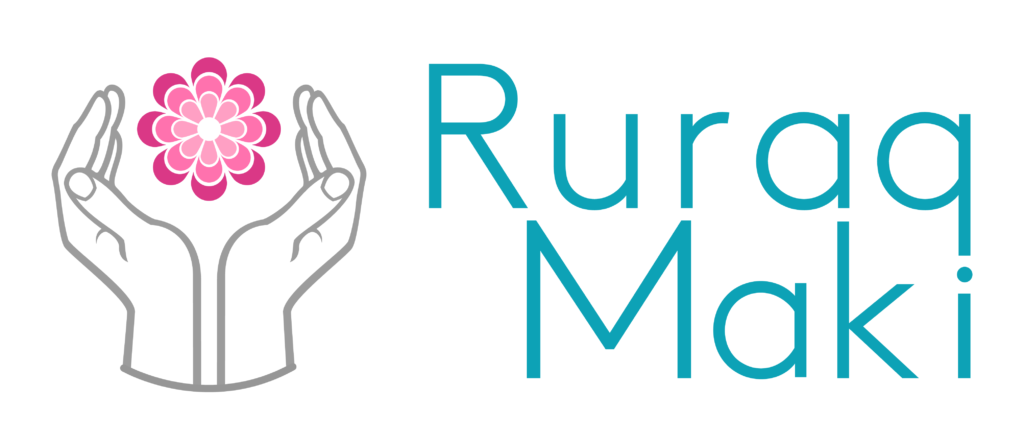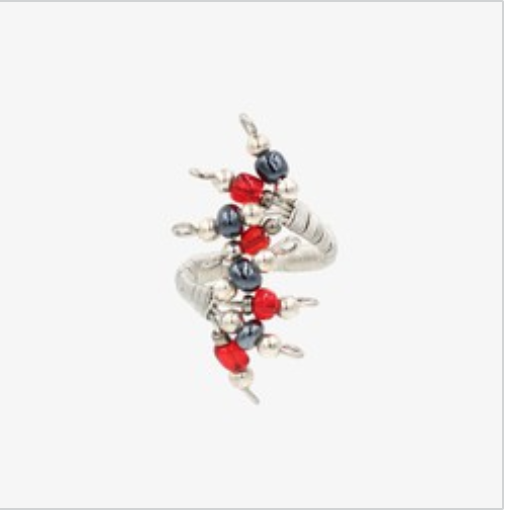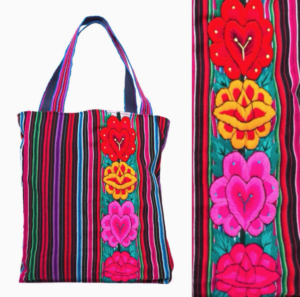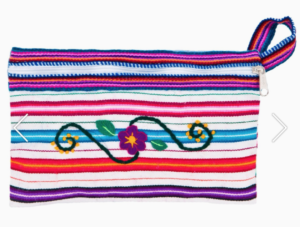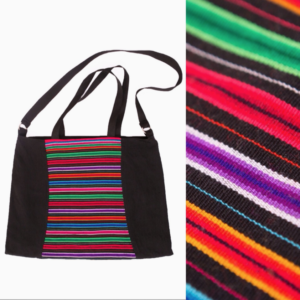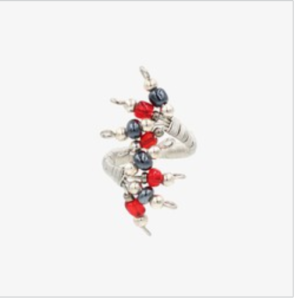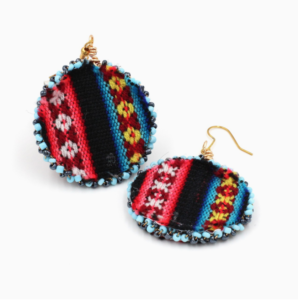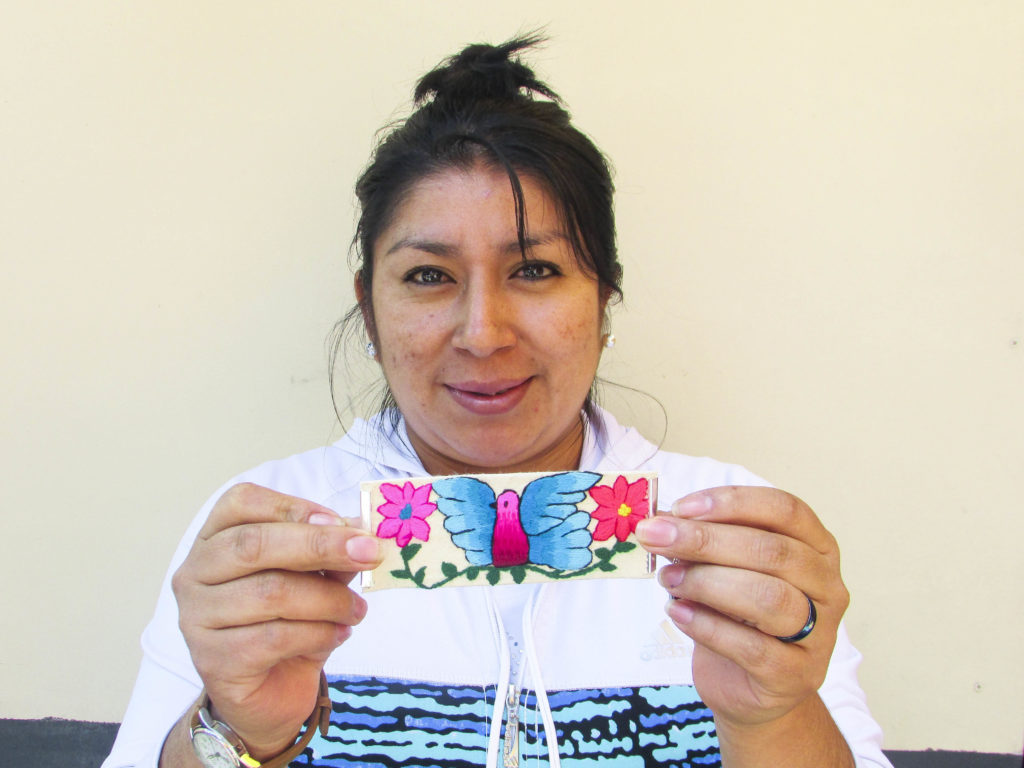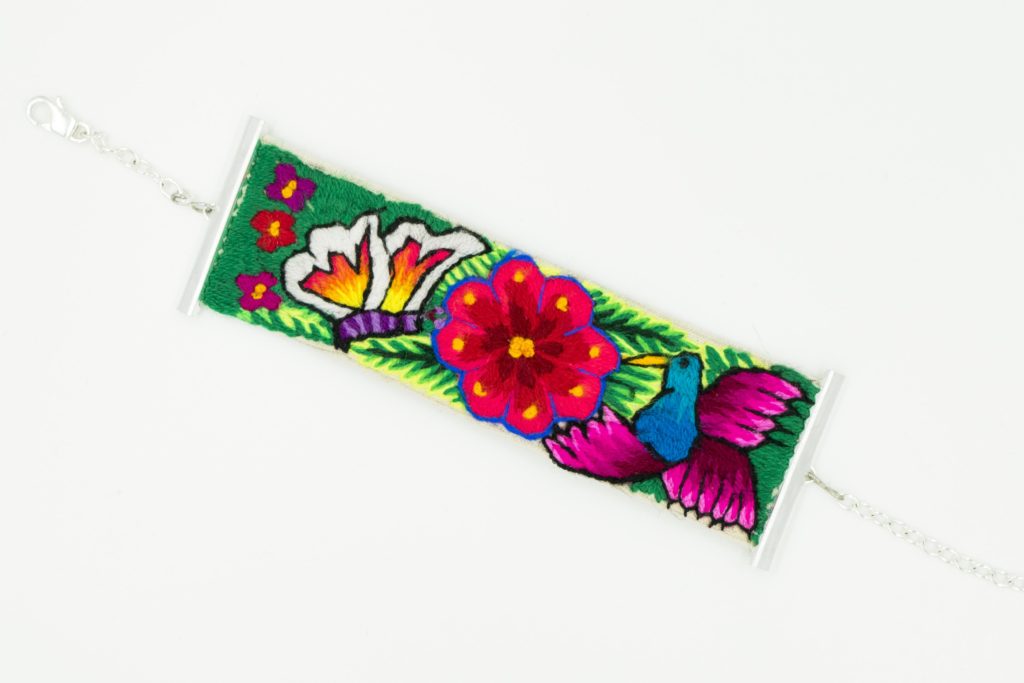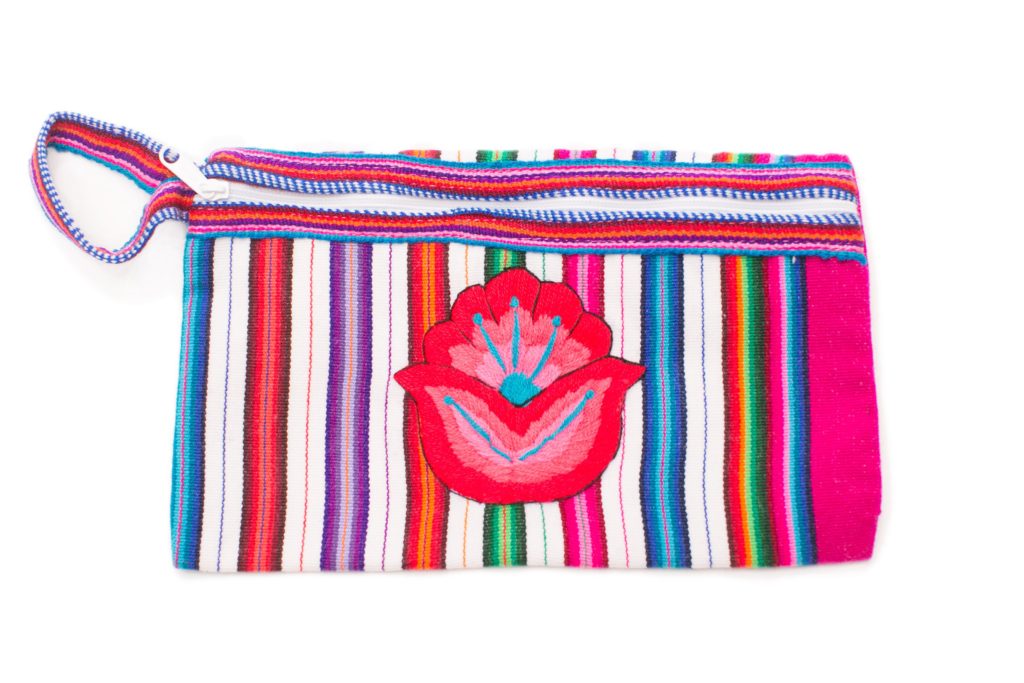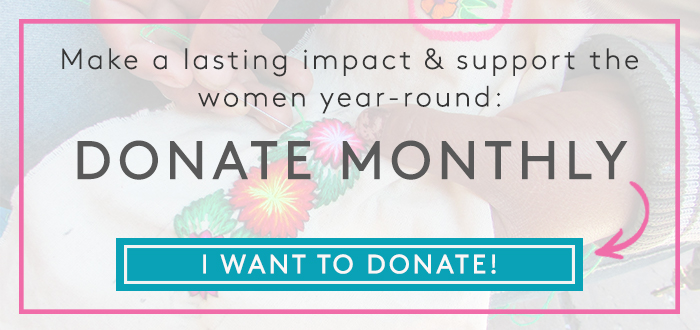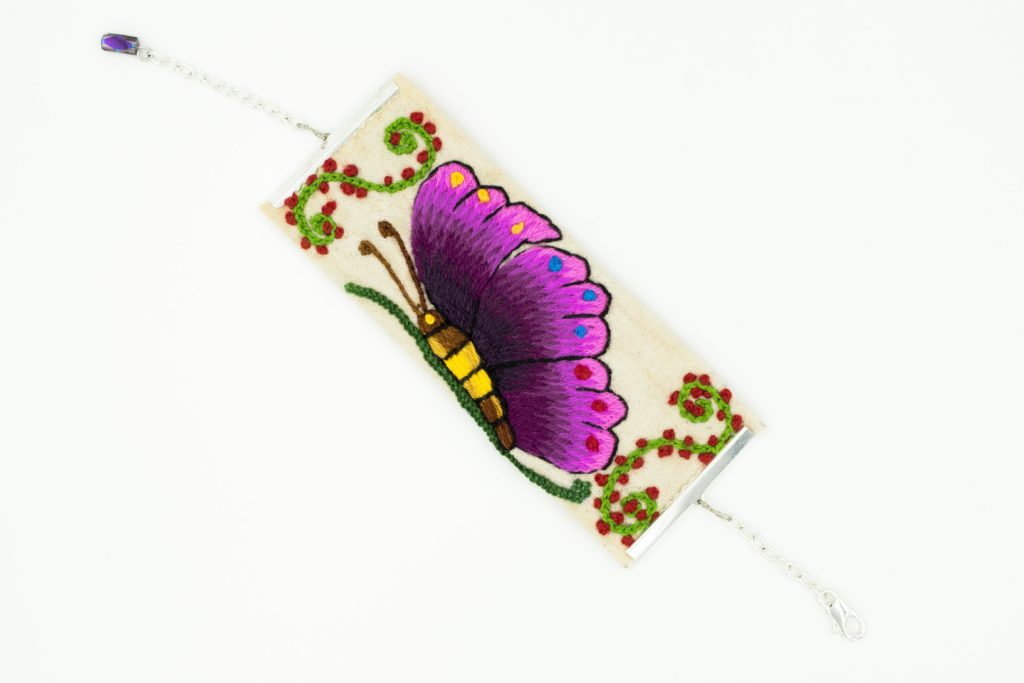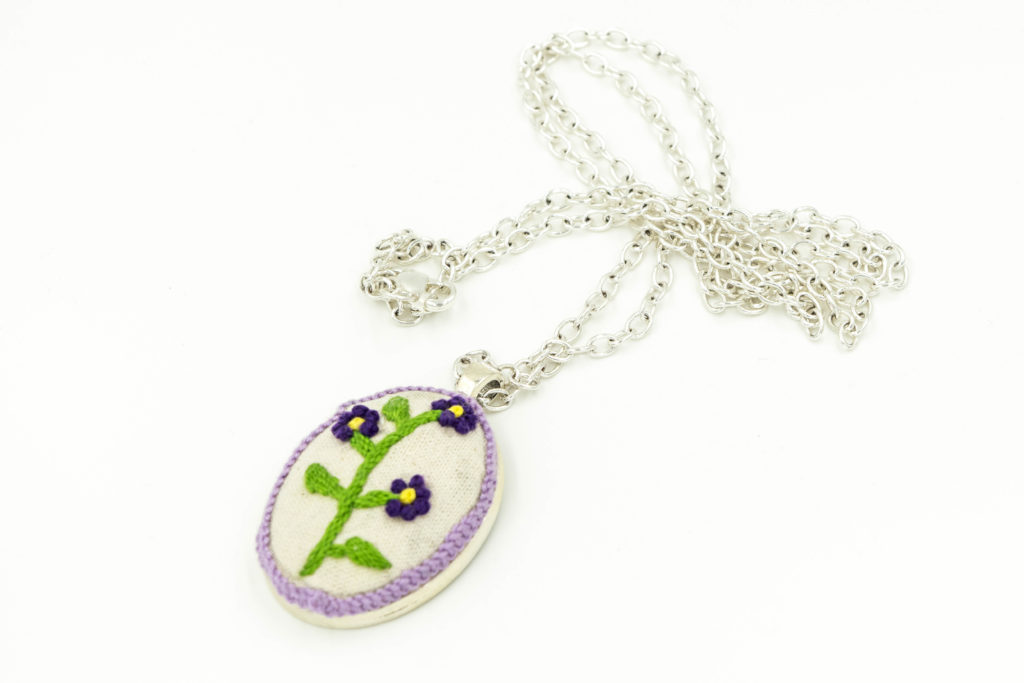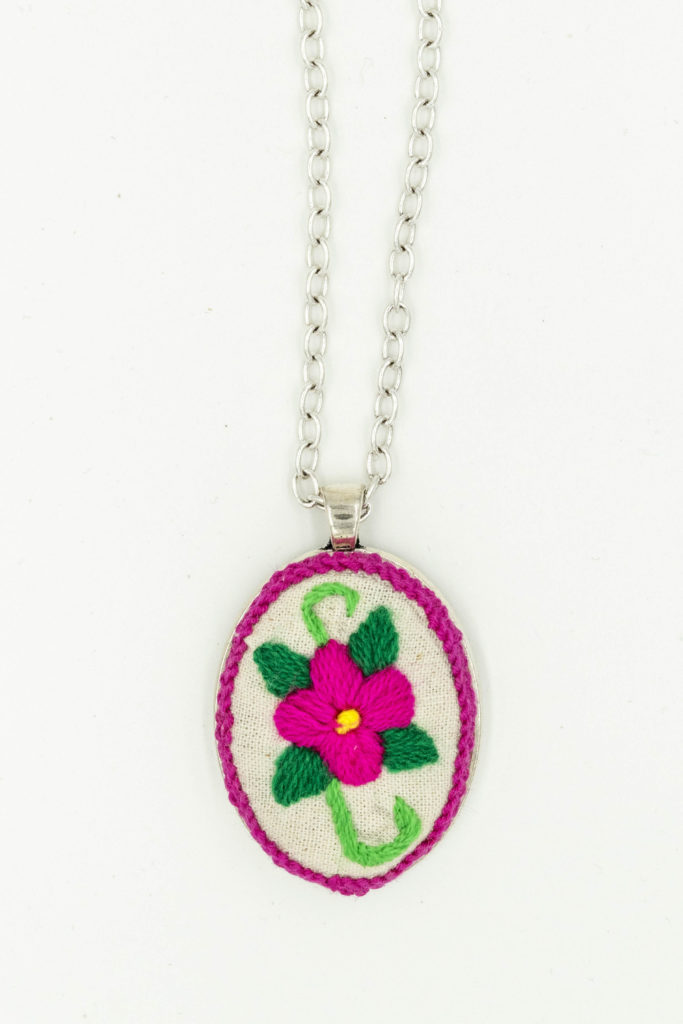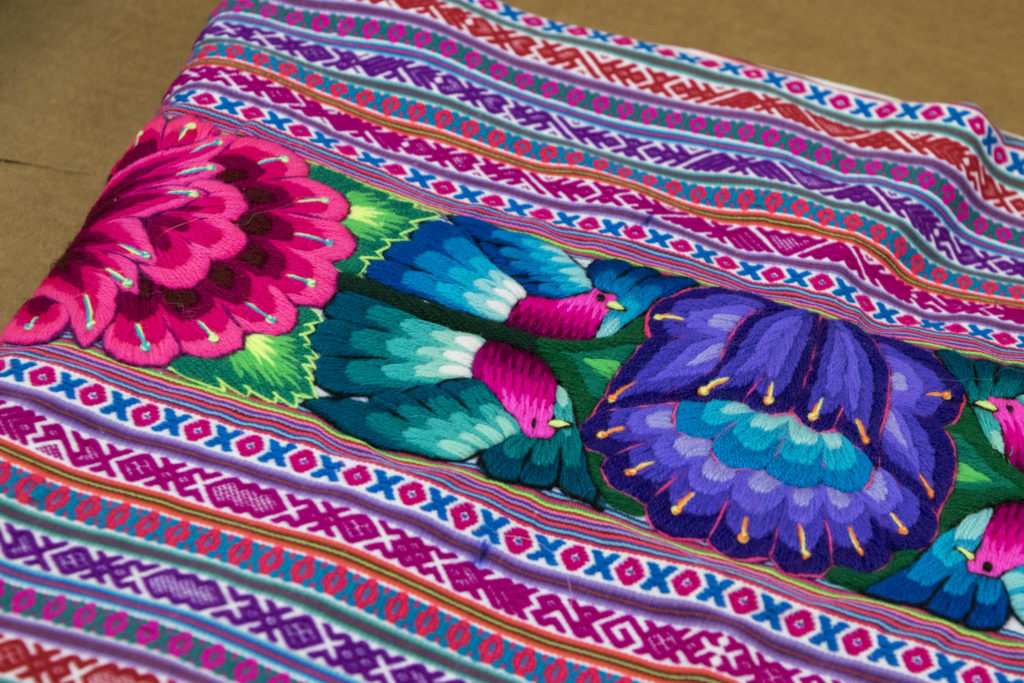During Valentine’s Day, we uplift our loved ones with acts of kindness and remind them how much we value their friendship. Wouldn’t it be great if you could express a thank you to a friend that also benefits an individual in need of support?
The products at Ruraq Maki are handmade by incarcerated women in Peru and the proceeds from our sales program helps them to earn a fair and just income. (Please take a moment to read about the program and our commitment to help the women in it.) Not only do these beautiful pieces of jewelry, bags, and home goods make great gifts, but the act of kindness that your loved one receives when you purchase a gift will be shared by women in poverty who are seeking a new opportunity for a sustainable life after prison.
Here are a few gift ideas from our catalog that we like to send to our friends and think your loved ones will enjoy too!
Featuring embroidery specific to the Central Andes of Peru, the Ayachucho Tote is made from traditional, handwoven manta. Make a statement with this elegant and versatile bag.
Carry it on your wrist or store it in your purse, this bright and lovely Embroidered Manta Cosmetic Bag is the perfect accessory to our manta bags.
A larger bag with vibrant colors and durable double straps, the Janna Hobo is made from handwoven, cotton manta. It will surely give you the flexibility you need on weekend visits or a trip to the gym.
This adjustable ring is perfect when you’re unsure of her size. Just the right amount of elegance and fun! More styles are available.
Handwoven manta earrings are a popular gift and they show off the unique style of weaving in the Andes region of Peru. Wear them by day or dress up at night with this splash of color.
We hope that you’ll include the women in our program in your Valentine’s Day giving.
Purchase these gifts and more in our online store: https://squareup.com/store/ruraq-maki/
